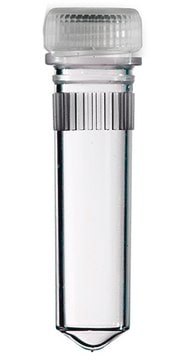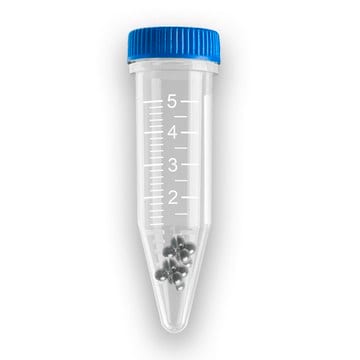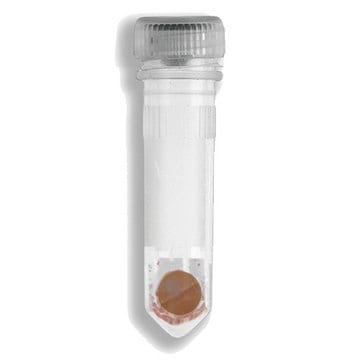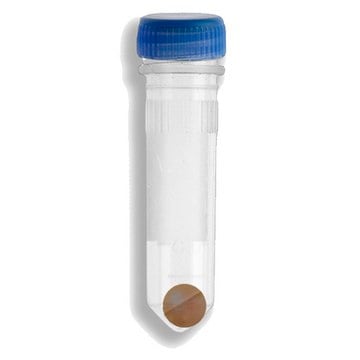The beads are reusable, but the tubes should not be reused. The directions for washing the zirconium beads are as followed:
The glass and zirconium beads will eventually break down, so inspect before use for cracks and/or broken pieces. (The speed at which this happens will depend on the hardness of the sample and length of homogenization.) Collect the beads in water and rinse them multiple times with deionized water, drain, and autoclave. The beads should then be baked in an oven at 500ºF for an hour (or 300ºF for 2 hours, or 180ºF for several hours) to render them protease and nuclease-free. If after baking, the beads are not free-flowing (they are sticking together), then they are not clean and the process should be repeated.




